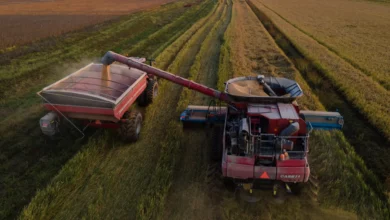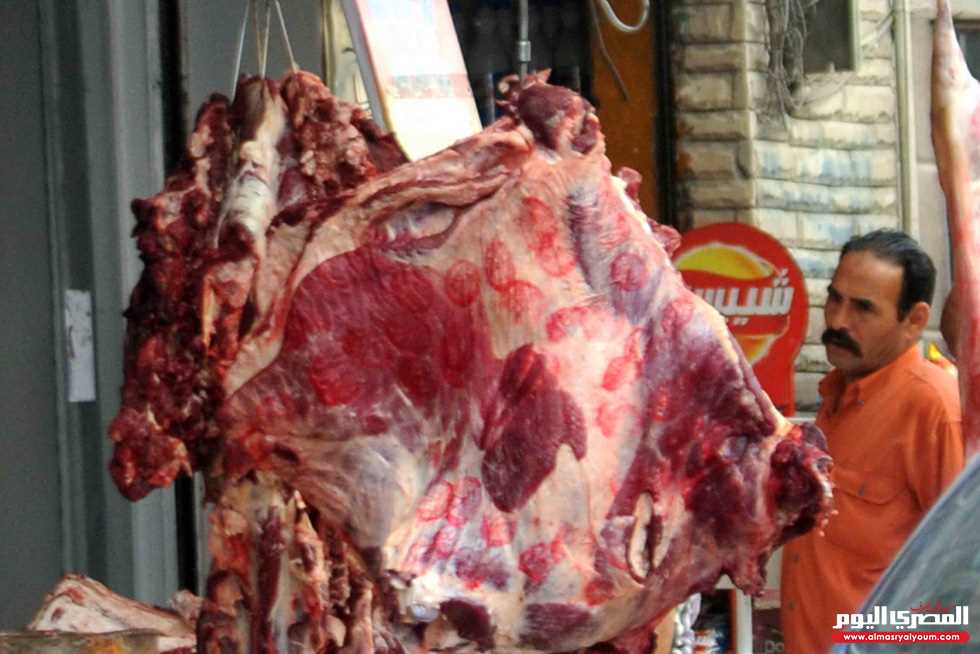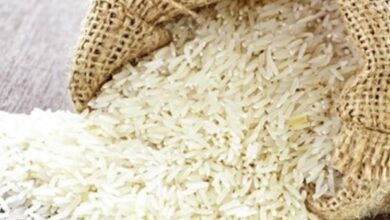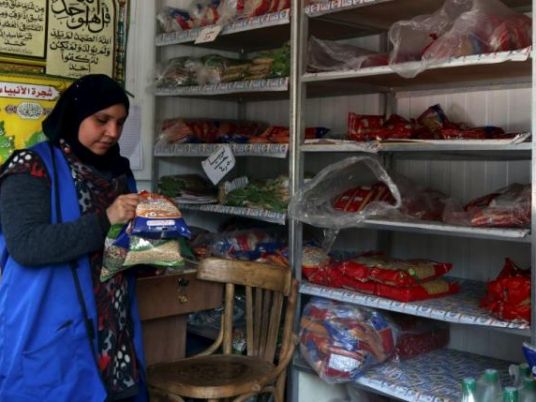
ACCRA, Ghana — A research strategy to help boost rice production in Africa has been formally unveiled by the Africa Rice Center (AfricaRice), a pan-African agricultural research organization.
The 10-year plan, launched on 1 February aims to help the continent become nearly 90 percent self-sufficient in rice production by 2020, with at least 10 countries expected to fully meet their own needs.
This will be achieved through setting seven priorities for research. These include providing farmers with climate-resilient rice varieties; expanding rice-producing areas while addressing environmental concerns; creating market opportunities for smallholders; and linking up with development partners and the private sector to stimulate the uptake of rice knowledge and technologies.
The plan will largely be implemented under the Global Rice Science Partnership, a research program of the Consultative Group on International Agricultural Research that launched in November 2010.
Papa Abdoulaye Seck, director general of AfricaRice, told SciDev.Net: "AfricaRice's new strategic goal is to realize Africa's tremendous rice potential, as the center strongly believes the continent has the wherewithal be it human, physical and economic, to produce enough rice to feed itself."
It is hoped that rice production in sub-Saharan Africa will increase from 18.4 million tons in 2010 to 46.8 million tons by 2020, and that research and development will also be boosted by the training of 30 PhD and masters students and 100 technicians a year.
Seck said that the project costs are estimated at US$420 million. However a further US$1.2 billion will be needed to fully implement the strategy.
The funding will come from a number of donors including the Bill and Melinda Gates Foundation, UK Department for International Development (DFID), and the World Bank. Full funding has not yet been secured as donors are still honoring their pledges, Seck said.
Key players in implementing the strategy will be scientists from national agricultural programs in the 24 member states in sub-Saharan Africa that belong to AfricaRice.
"Such a project is usually challenging in the face of adequate funds and staff, lack of adaptable and consumer-preferred varieties and access to rudimentary tools for production," Godfrey Asea, plant breeder at the National Agricultural Research Organization, in Uganda, told SciDev.Net.
The Ghanaian deputy minister for food and agriculture, Yaw Effah-Baafi, said the scheme would assist countries like Ghana, which spends US$450 million per year on importing rice to meet some 70 percent of local demand.
The strategy was approved last September at the meeting of the AfricaRice's Council of Ministers, who also approved the launch of an Africa-wide task force set up to accelerate delivery of rice technologies.
The Science and Development Network (SciDev.net) is a nonprofit organization dedicated to providing information about science and technology for the developing world through a free access website that reports on and analyzes the latest developments in these fields.




